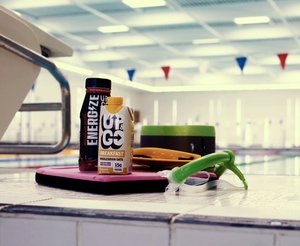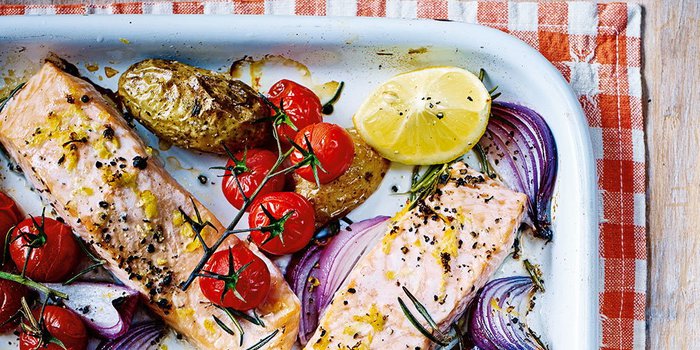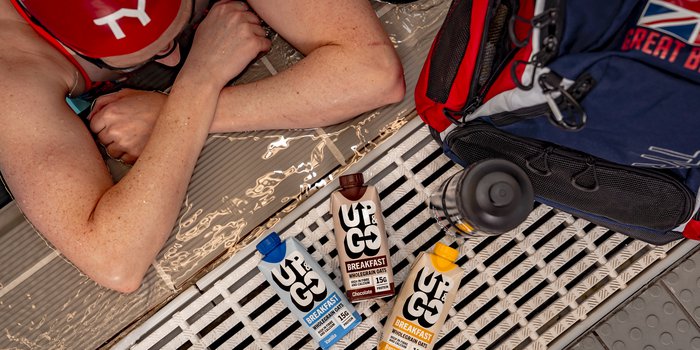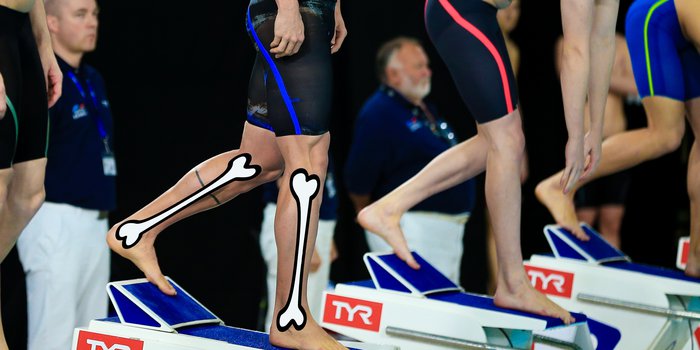For this month’s Hot Topic, we caught up with British Swimming’s nutritionist Tiff Afflick to discuss the importance of protein as an essential part of the diet.
Protein packs a punch
First of all, protein is an essential part of the diet because we use it to repair muscles that have been damaged through exercise or injury and build new muscle. Protein is made from small units called amino acids, and we use these as the building blocks for developing muscle. We all need protein in our diet, from elite athletes right through to those of us who are more recreationally active. It’s also important for children to get enough protein to support their growth, especially if they are active too. For athletes who are training multiple times a day, regular protein consumption is essential as it helps them adapt to training and recover quickly before their next session.
Natural sources of Protein & how to build into your daily routine
There are so many different sources of protein out there, and protein may be in more foods than you first expect! The first sources of protein we tend to think of are meat and fish, which are all excellent sources of protein. Vegetarian sources of protein include eggs, legumes like beans and chickpeas, and dairy products too. Greek yoghurt or Skyr is a great source of protein, with cheese and milk also providing a good natural source of protein.

Protein requirements really vary depending on size, age, activity levels and individual goals (e.g. muscle mass gain or fat loss). So, in terms of meals, try to include one protein source, such as the foods I’ve mentioned, and adjust the portion size according to what food it is and what your needs are. Snacks such as a pot of Greek yoghurt and berries, hard boiled eggs, edamame beans, or milk drinks such as Up & Go are really convenient, protein-packed food sources. These can be included in your day whenever you usually snack – during work or study breaks – and they’re a great option after exercise to help your muscles recover. Snacking on foods that contain protein will also help keep you full between meals, so if you find yourself getting peckish it may be useful to include a small protein-based based snack into your diet.
Some of us struggle to get protein into breakfast, and often rely on carbohydrates such as cereals and bread to get us through the morning. But on busy mornings, a breakfast drink like the Up & Go can be a convenient way of getting an early dose of protein since each 330ml bottle packs in a big 15.2g! Or if you’re short on time and need something quick and nutritious before or after early morning training, this could also be a good option as the protein will help keep you full and aid post-training muscle recovery.
This Heath Hub article was created in collaboration with British Swimming’s Official Breakfast Partner UP&GO, a healthy-on-the-go solution for when you’re on the move.




